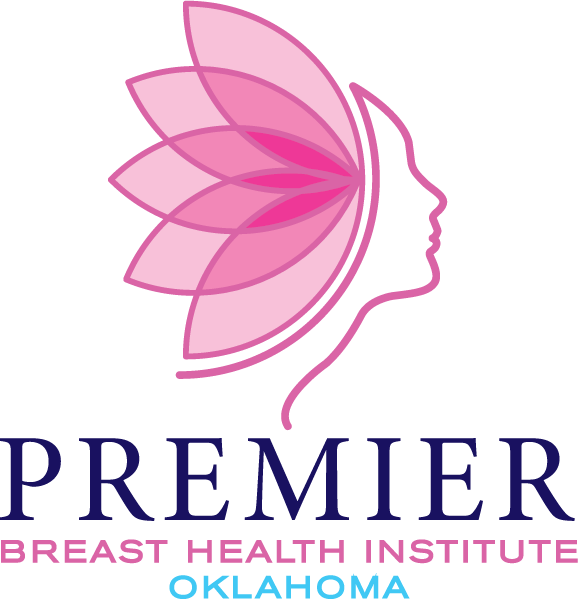
Screening Services

Individualized Approach to Breast Cancer Screening
At the Premier Breast Health Institute, we believe your breast health journey should be as individual as you are. That’s why we offer a customized approach to breast cancer screening that is designed around your personal risk factors, health history, and preferences.
Our advanced imaging technologies, including 2D and 3D mammography, allow us to detect abnormalities with greater accuracy and confidence, even in dense breast tissue. Whether you’re here for a routine screening or need follow-up diagnostic imaging, we tailor every step to ensure clarity, comfort, and early detection.
Why 2D and 3D Mammography Matter
2D Mammography:
A standard digital mammogram offering quick, low-dose images for early breast cancer detection.
3D Mammography (Tomosynthesis):
Provides layered breast images for a more detailed view, reducing false positives and improving cancer detection rates. Especially important for women with dense breast tissue.
By integrating both technologies, we can better distinguish between benign and suspicious areas, minimizing unnecessary callbacks and enhancing peace of mind.
Screening vs. Diagnostic Imaging
Diagnostic Imaging:
Ordered when symptoms like lumps, pain, or abnormal screening results arise. Includes targeted mammography, ultrasound, and possibly Contrast-Enhanced Mammography (CEM) for clearer visualization.
Screening:
Recommended for women without symptoms as a proactive measure, typically starting annually at age 40 or earlier based on risk.
Factors Influencing Risk:
-

Lifestyle and Behavior:
• Body mass index (BMI)
• Physical activity level
• Smoking habits
• Alcohol consumption
• Dietary fat intake -

Other Established Factors:
• Age
• Family history of breast cancer
• Breast tissue density
• Genetic mutations (e.g., BRCA 1 and 2)
• High-risk breast lesions
• Hormone therapy history -

Childbearing and Risk:
• Younger childbirth linked to reduced risk
• Breastfeeding further decreases risk
Taking Action to Protect Your Health:
Maintain a healthy weight
Engage in daily exercise
Avoid smoking or quit
Limit alcohol intake
Discuss risk with your doctor
Consider genetic testing based on family history
Customized Approaches for Different Risk Levels
! Average Risk
-
Consult with your doctor about mammogram recommendations starting at age 40. Many insurances cover mammograms at 40, but it's wise to confirm with your provider. Additional screening techniques like contrast-enhanced mammography, fast MRI, and screening breast ultrasound can enhance detection for women with higher breast density.
!! High Risk
-
Individualized breast cancer risk assessment guides a preventive approach. Women with over 20-25% lifetime breast cancer risk or high-risk gene mutations benefit from supplemental breast MRI. Genetic counseling is advised for those with a family history of breast cancer.
!!! Highest Risk
-
Personalized breast cancer risk assessment forms the foundation for preventive strategies. Chemoprevention medication, clinical trials aimed at risk reduction, and proactive surgery with reconstruction to preempt cancer development are viable options.
Visit our high risk program page to learn more about our enhanced high-risk screening evaluation.

Personalized Solutions for Individualized Care
There's no one-size-fits-all approach when it comes to breast cancer screening. Consult with our experts to develop a tailored plan that aligns with your unique risk profile and preferences. At the Premier Breast Health Institute, your journey is as distinctive as you are.



